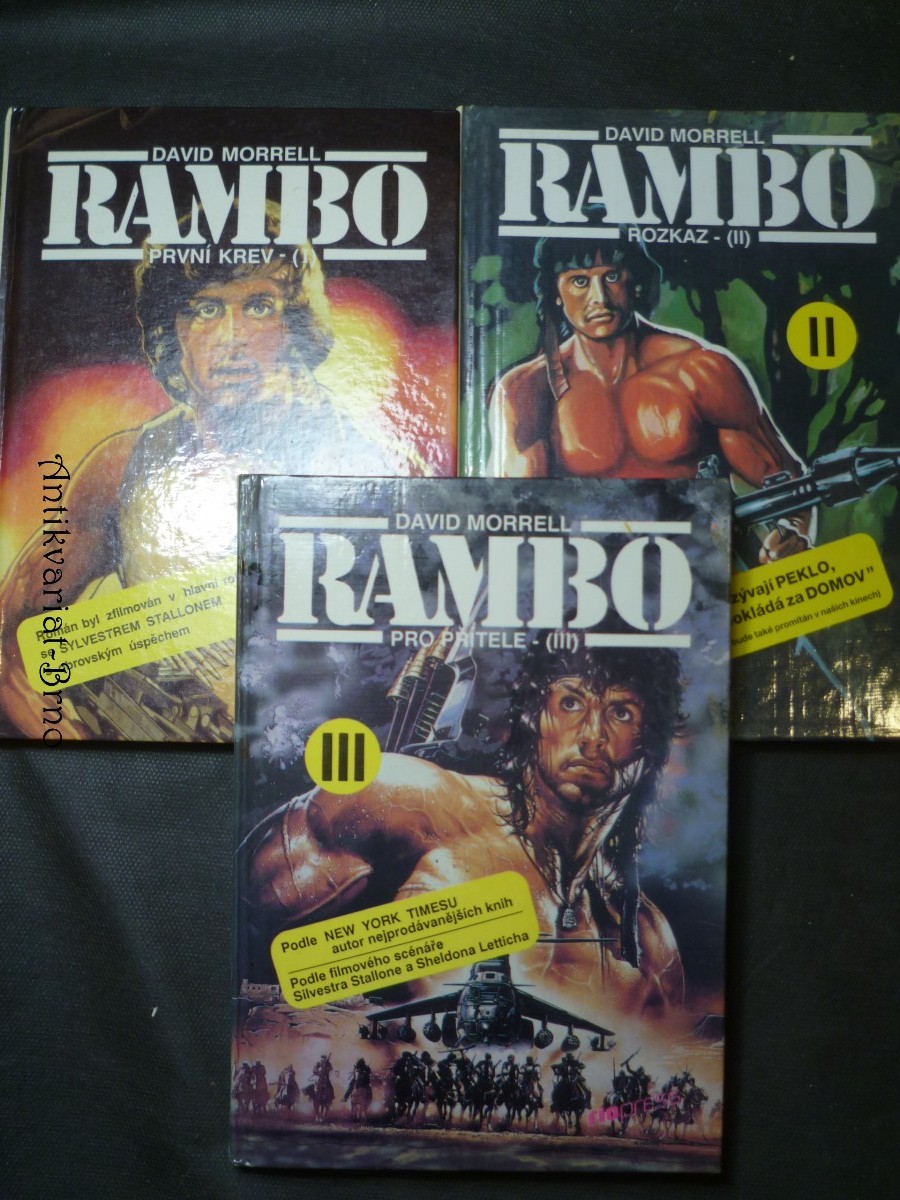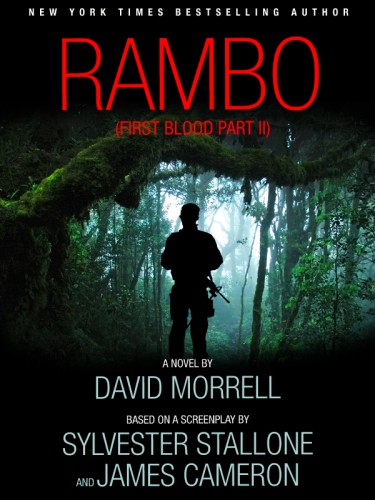
Both did things that they'd rather not remember. Teasle's war was Korea, Rambo's war was Vietnam. He lets the reader see how similar the two men are, although they're a generation apart. Morrell shows the reader how both men think, how each of them tries to pull back from a conflict that's likely to go bad and how each of them fails. John Rambo was what the US military had trained him to be: an efficient killer who enjoys his work and never backs down once he's engaged with the enemy.ĭavid Morrell lets the reader spend a lot of time inside the heads of Wilfred Teasle, the Chief Of Police in the small town of Madison, Kentucky and John Rambo, a bearded long-haired drifter with nothing to his name but a buckskin jacket, some ratty jeans, a stained sweatshirt and an old sleeping bag.

John Rambo wasn't just a Vietnam Vet, tramping through America, minding his own business and coping with his PTSD. The sheriff, it turned out, was a reasonable, mostly polite, mostly patient man who made every effort to de-escalate the blossoming conflict with John Rambo, right up to the point where Rambo bugs out and kills a police officer by slicing a straight razor through his guts. I had to push those memories aside almost from the first page. At the time, I thought it was a clever action movie with a lead actor who was great at the action sequences but who was out of his depth whenever he had to speak in full sentences. I came to the book with memories of a bored, redneck Police Chief, so wrapped up in his own authority that he pushes a drifter too far and a shirtless Sylvester Stallone, with a strip of fabric tied around his head and an automatic rifle in his hands, blowing up the town, killing dozens of people and then complaining that his country doesn't love him as much as he loves it. On the other hand, I think the ending of the book wasn't its strongest point and wouldn't have satisfied a cinema audience. Almost nothing that pulled me into the book found its way into the movie. I know this shouldn't be much of a surprise - movie adaptations are like that - but the differences are extreme and profound. It's written with confidence, it takes a few risks with form and the people in it feel real. It feels more modern than a few 1980s horror classics I've read.

It's a little over fifty years old but it doesn't feel dated or old-fashioned. Three things about 'First Blood' surprised me.


 0 kommentar(er)
0 kommentar(er)
